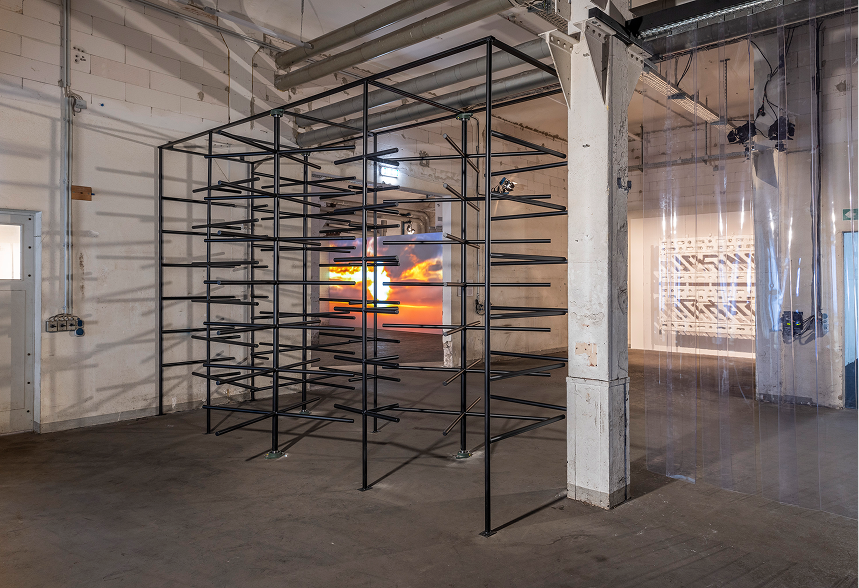
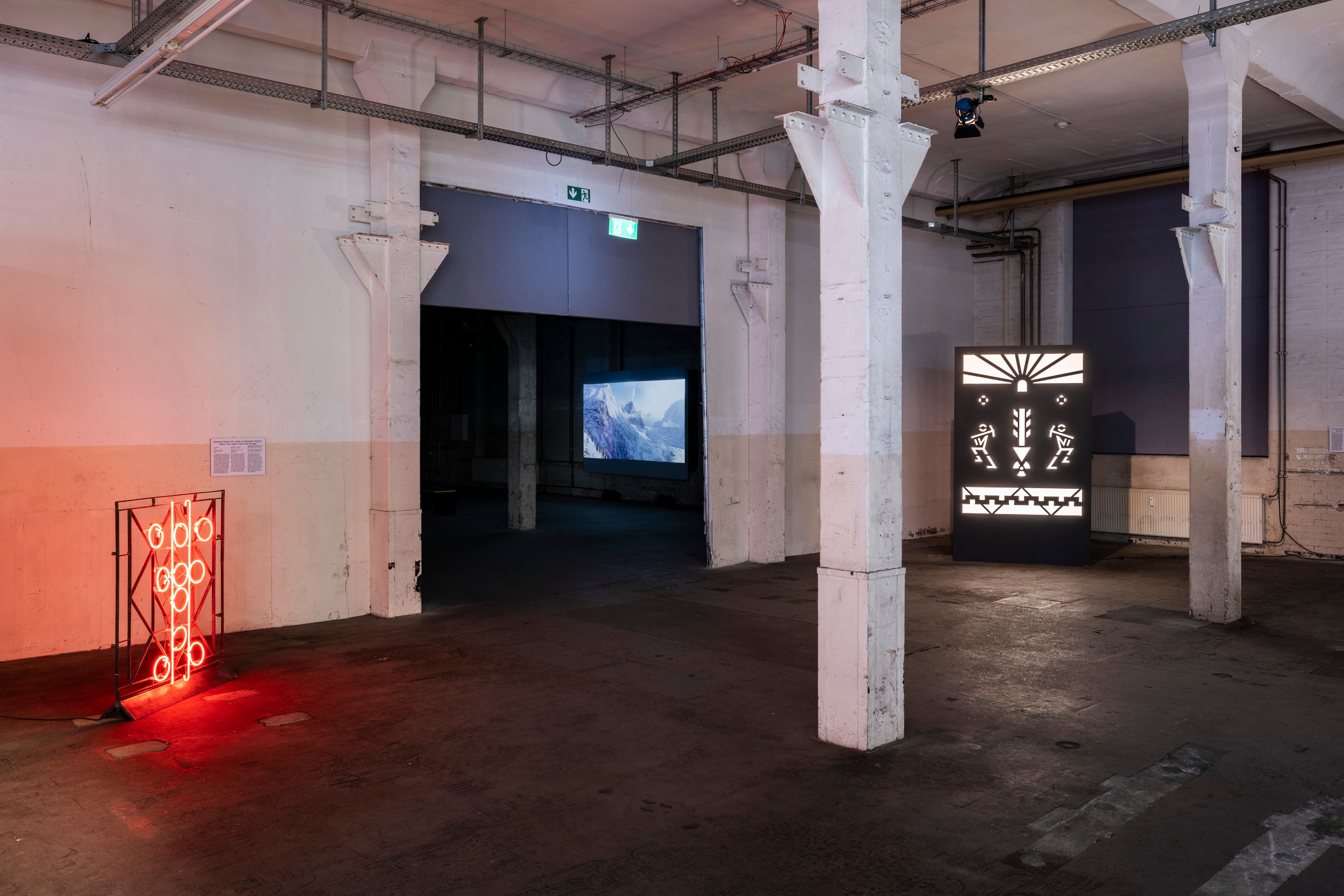
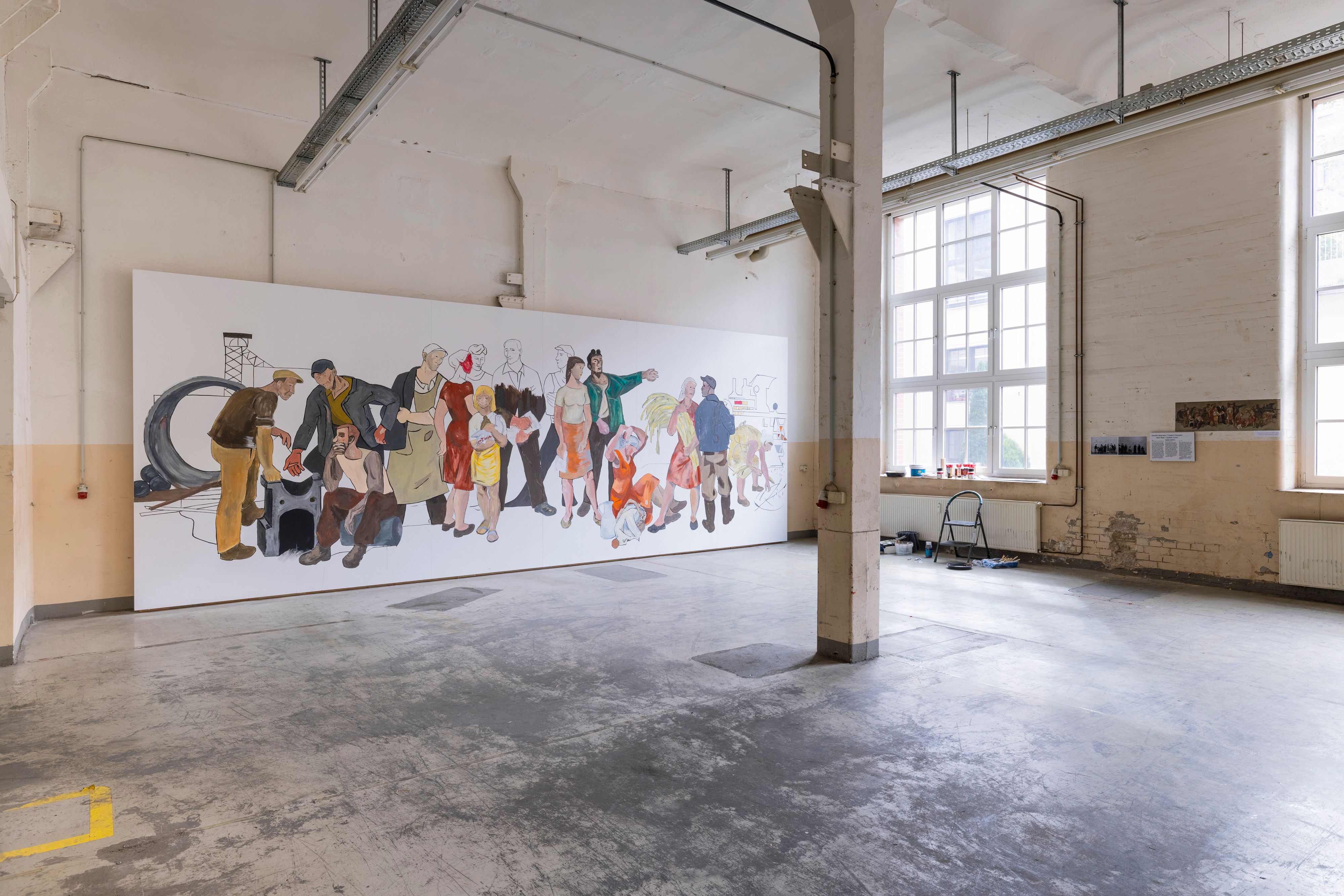
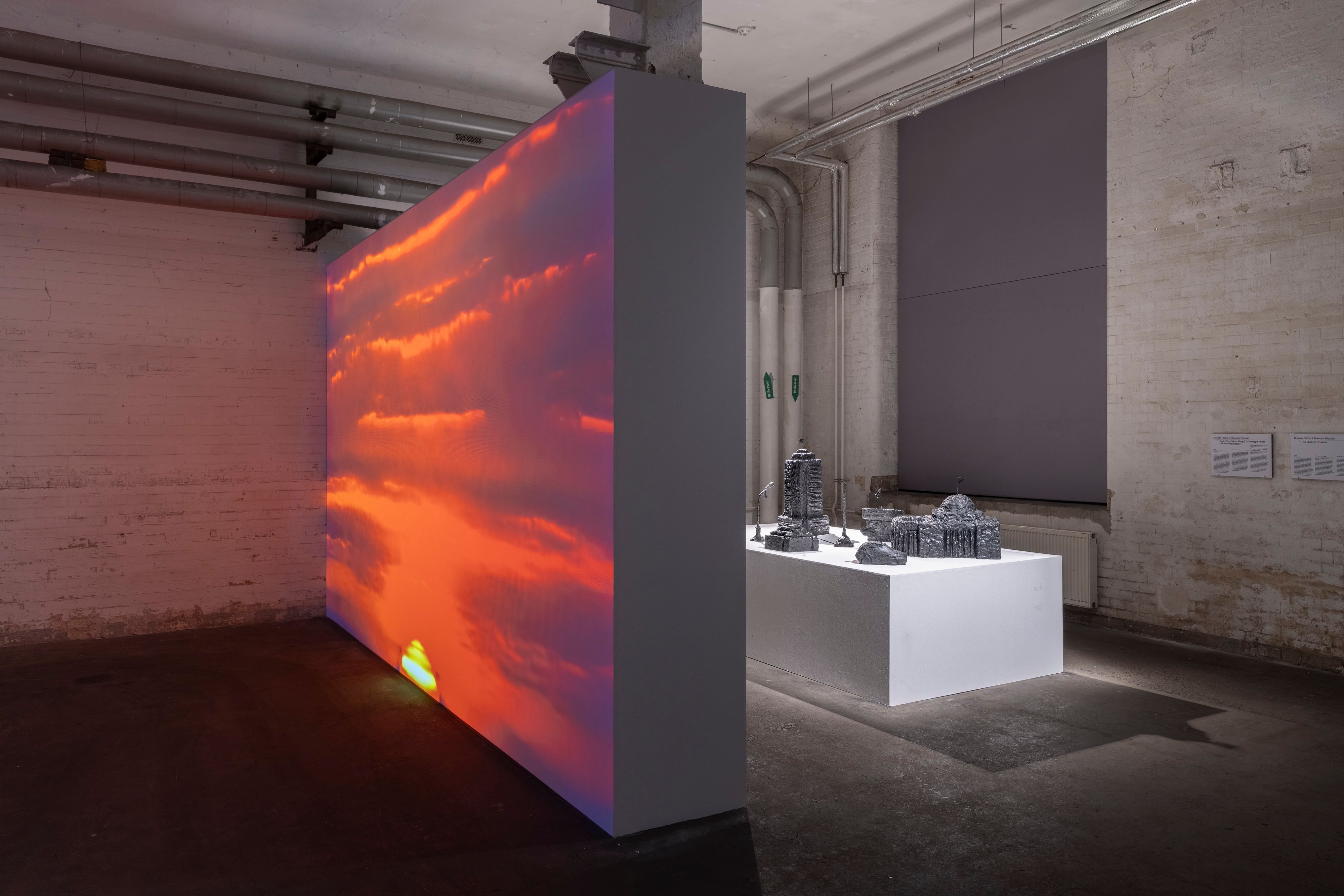
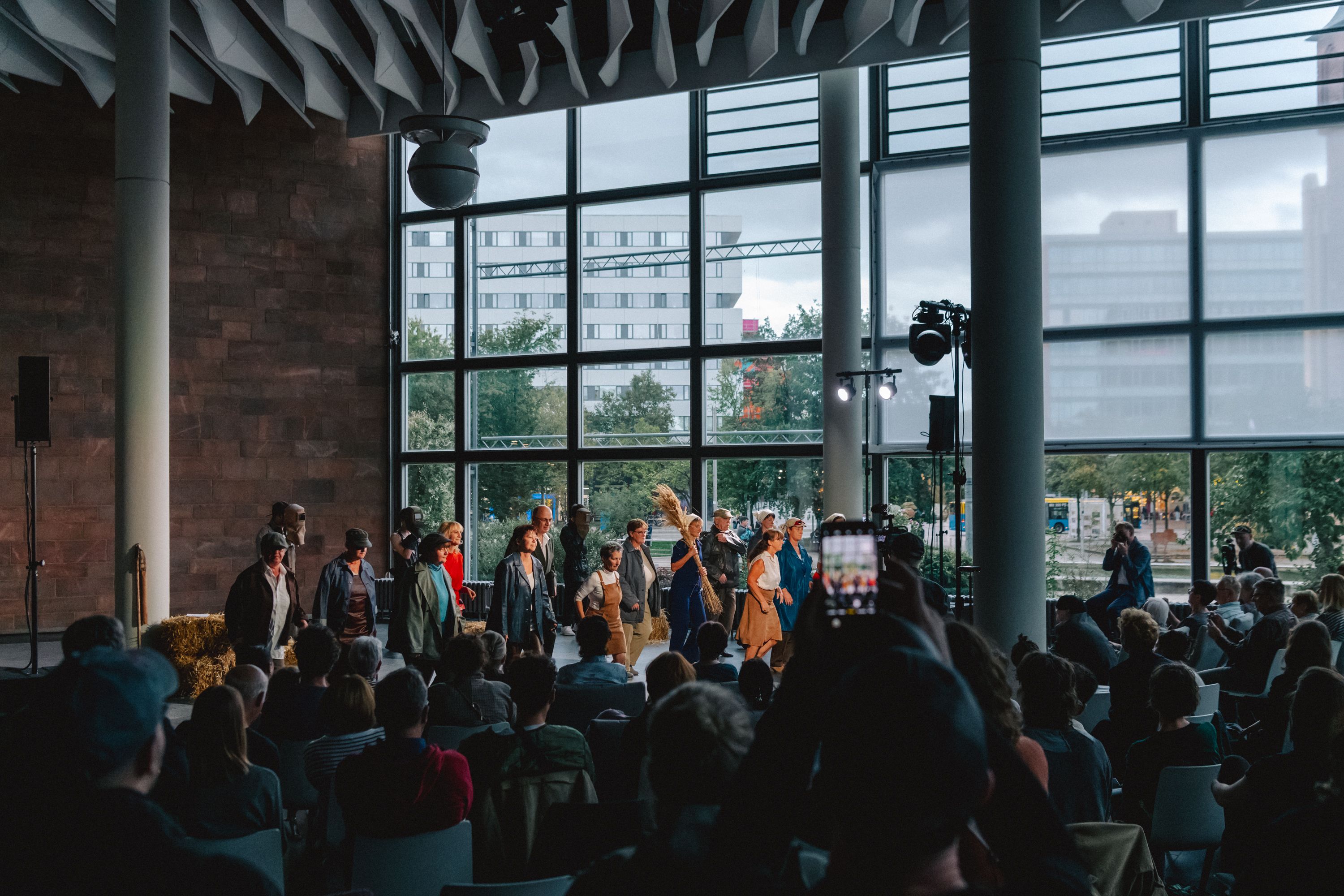
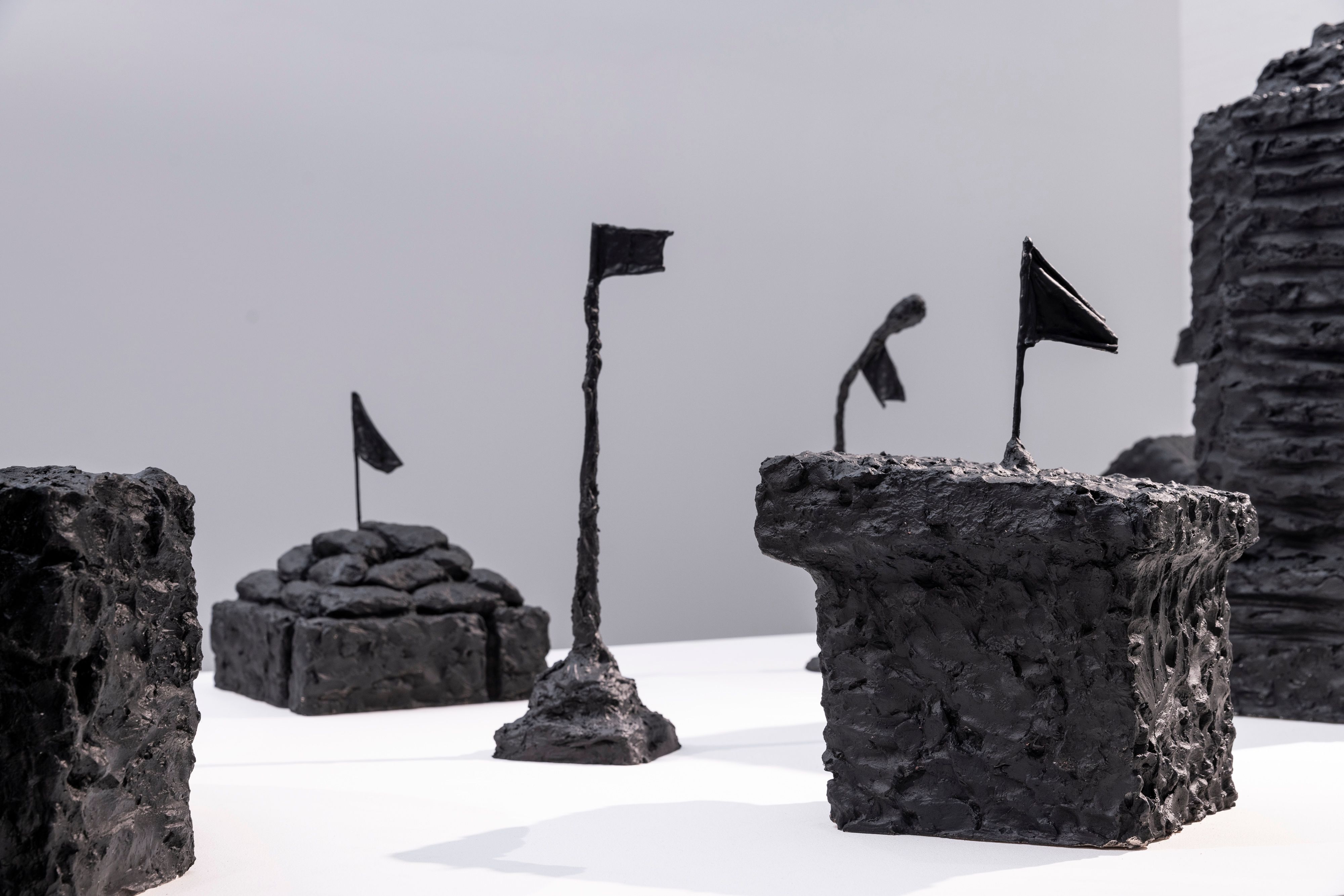
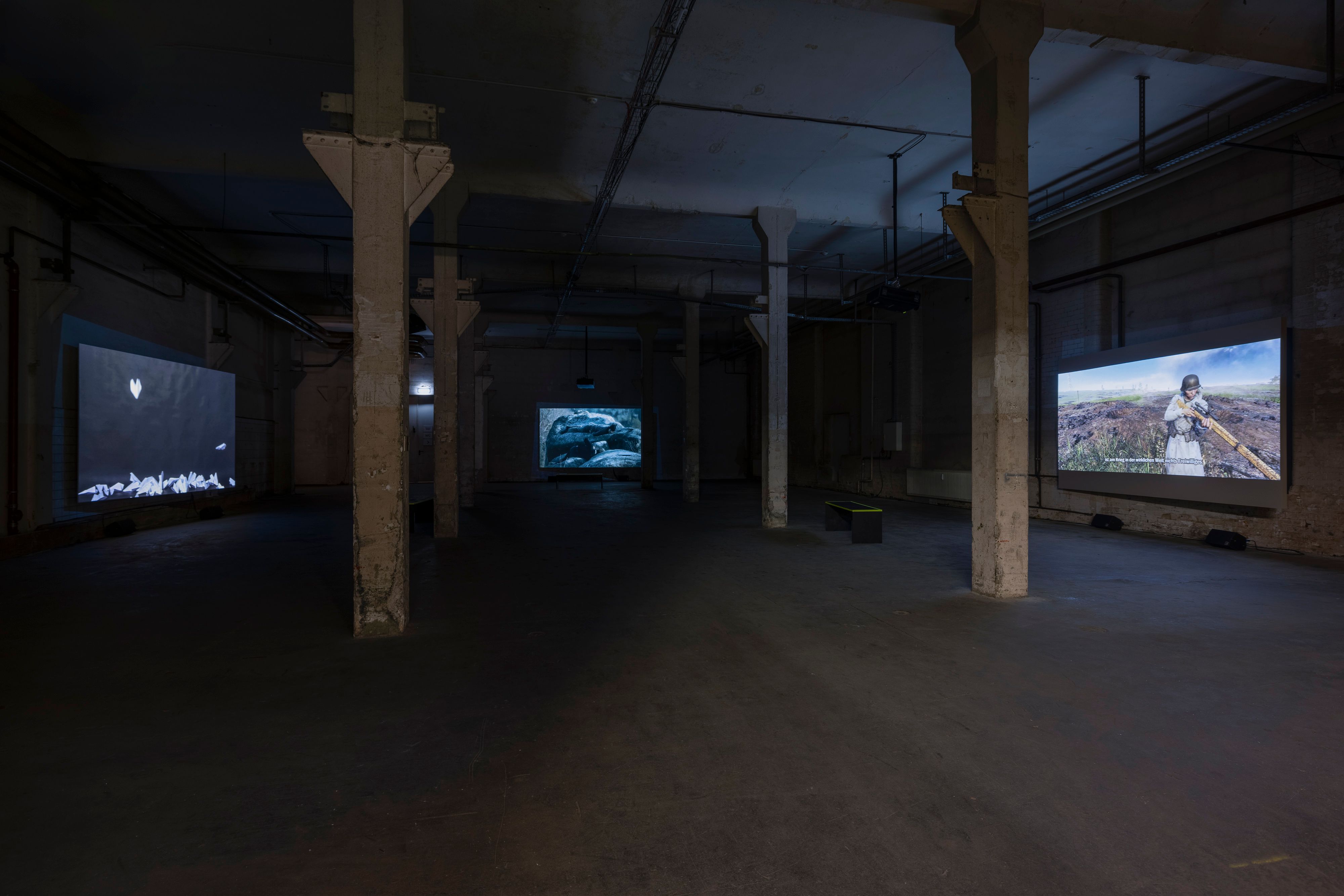
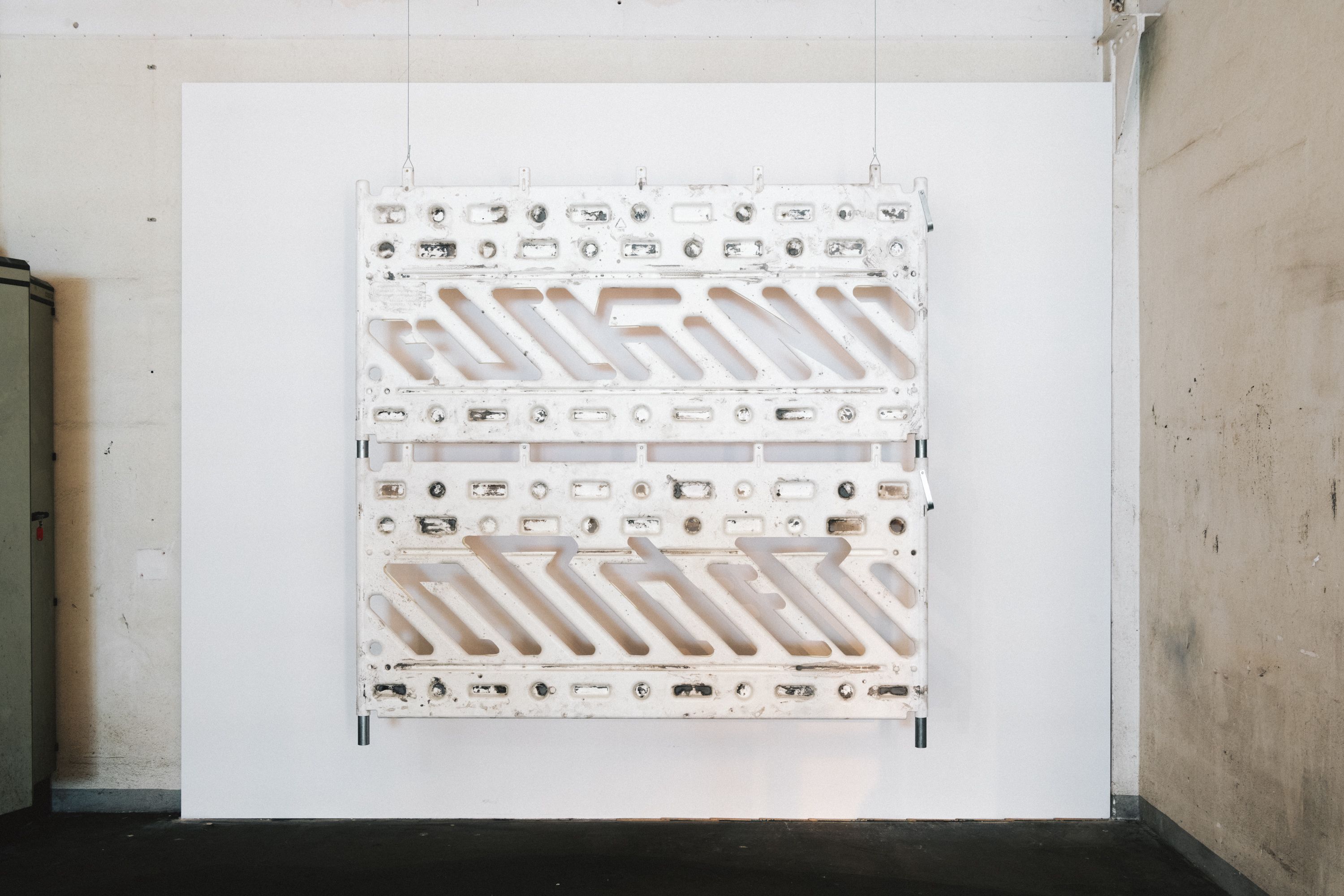
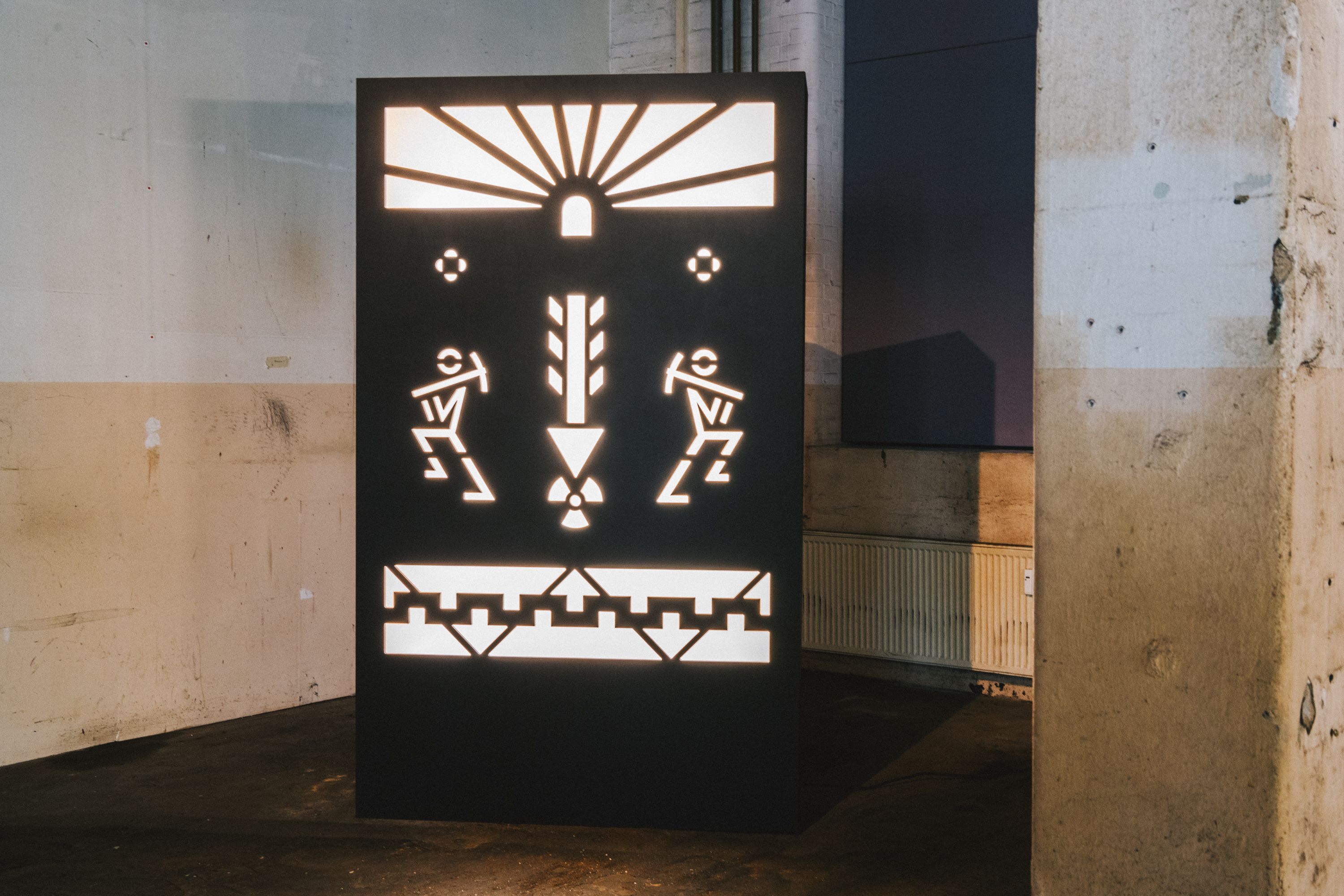
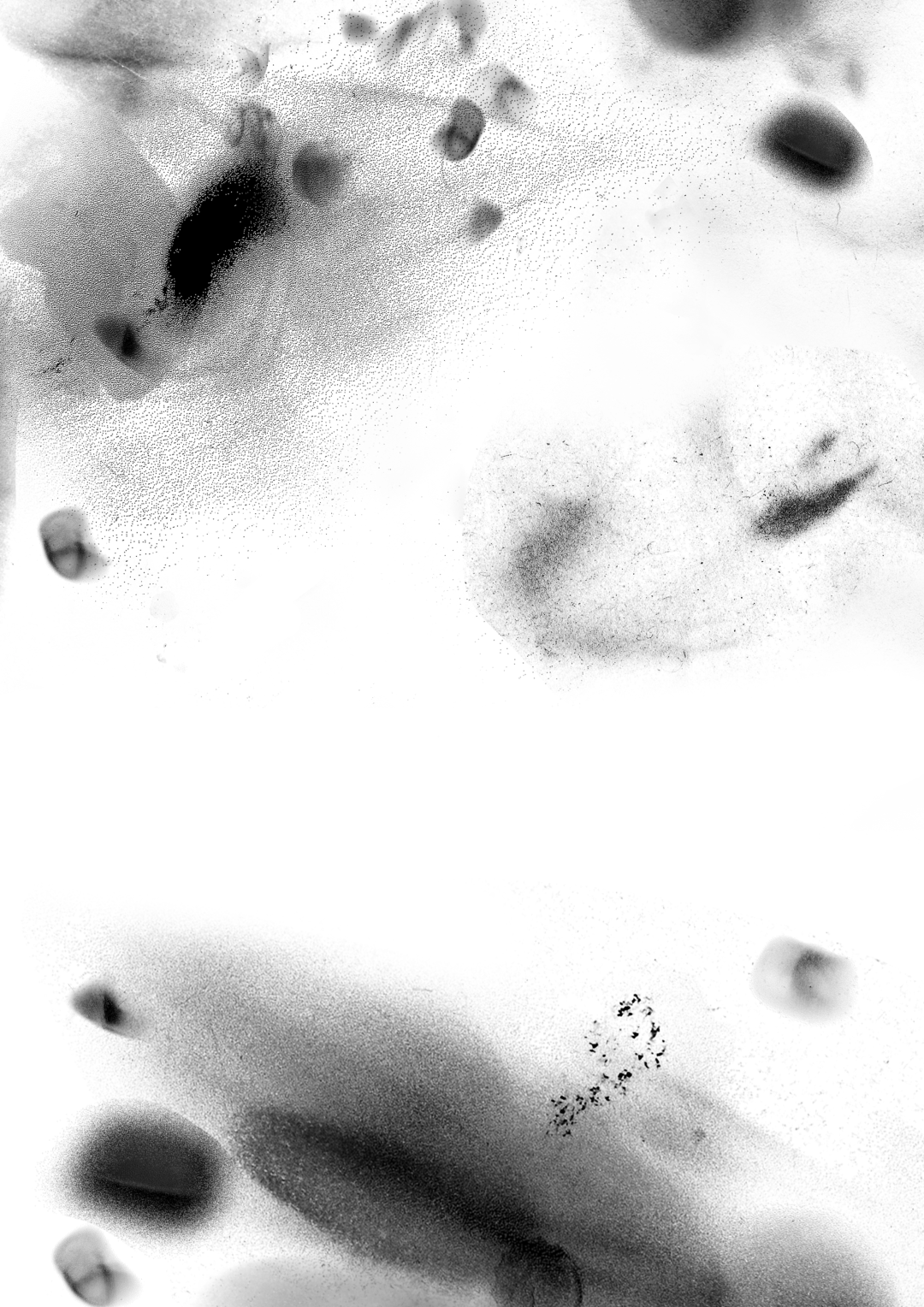
26 September – 20 October, 2024
Wirkbau (Chemnitz, Germany)
Artists:
Alexandra Hunts & Stefaniia Bodnia
Sergey Bratkov
Bohdan Bunchak
Jack Dove
Cyprien Gaillard
Danylo Galkin
Dana Kavelina
Alina Kleytman
Margareta Klose & Peter Várnai
Yarema Malashchuk & Roman Khimei
Maria Matiashova
Henrike Naumann
Ihor Okuniev
Mykola Ridnyi
Sung Tieu
Lesia Vasylchenko
Vova Vorotniov
Total Refusal
bergernissen
Press:
Hyperallergic
In Germany, Artists Envision the
Future of Eastern Europe
Monopol
The Pochen Biennale took fire as a central metaphor – as an element that unites human civilization in its progress and development, is also often used to divide it. At Pochen, we investigated the topic through an artistic lens: in reflections, live encounters and documentation. One hundred years ago, Mykola Khvylovy, hailed as ‘the father of modern Ukrainian prose’, penned a poem that cast a futuristic eye over the landscape of the 1920s as it unfolded. His words eloquently paraphrased the age-old expression ‘Ex Oriente Lux’ – an homage to the romanticist dispute of the 19th century – regarding whether the Russian Empire (which included Ukraine at the time) could join the European vector or would instead see its cultural identity dissolved in the cauldron of Eastern despotism. Transforming the phrase into ‘Ex Oriente Fumis’ (smoke comes from the East), Khvylovy’s verses served to glorify an industrial commune, a nascent social structure that was destined to overrun the traditional peasant landscape and replace it with a forest of steaming pipes. A century later, his beloved Kharkiv and Donbas are studded with smoking barrels that sow fire across the fertile lands of eastern and southern Ukraine. In the 21st century, perhaps more than ever before, fire has become an immediate tool of politics: from the burning of tires on Maidan Nezalezhnosti to the self-immolation of Aaron Bushnell and the burning of the Koran in an Arnhem square to the torching of American flags in Tehran. Fire provides direct access to political action that is otherwise hidden in the technocratic nature of the modern world – one that has devoted so much effort to domesticating and calculating the effects of fire until it became flanked by flames. The exhibition focused on the reflections of the world cast by the coming fire and engaged in an artistic exploration of the current pyropolitics of Europe, the explosion of multiple Easts, phosphorescent geographies, gaslit economies, and the burnout of the Yalta-Potsdam system.
26 September – 20 October, 2024
Wirkbau (Chemnitz, Germany)
Artists:
Alexandra Hunts & Stefaniia Bodnia
Sergey Bratkov
Bohdan Bunchak
Jack Dove
Cyprien Gaillard
Danylo Galkin
Dana Kavelina
Alina Kleytman
Margareta Klose & Peter Várnai
Yarema Malashchuk & Roman Khimei
Maria Matiashova
Henrike Naumann
Ihor Okuniev
Mykola Ridnyi
Sung Tieu
Lesia Vasylchenko
Vova Vorotniov
Total Refusal
bergernissen
Press:
Hyperallergic
In Germany, Artists Envision the
Future of Eastern Europe
Monopol
The Pochen Biennale took fire as a central metaphor – as an element that unites human civilization in its progress and development, is also often used to divide it. At Pochen, we investigated the topic through an artistic lens: in reflections, live encounters and documentation. One hundred years ago, Mykola Khvylovy, hailed as ‘the father of modern Ukrainian prose’, penned a poem that cast a futuristic eye over the landscape of the 1920s as it unfolded. His words eloquently paraphrased the age-old expression ‘Ex Oriente Lux’ – an homage to the romanticist dispute of the 19th century – regarding whether the Russian Empire (which included Ukraine at the time) could join the European vector or would instead see its cultural identity dissolved in the cauldron of Eastern despotism. Transforming the phrase into ‘Ex Oriente Fumis’ (smoke comes from the East), Khvylovy’s verses served to glorify an industrial commune, a nascent social structure that was destined to overrun the traditional peasant landscape and replace it with a forest of steaming pipes. A century later, his beloved Kharkiv and Donbas are studded with smoking barrels that sow fire across the fertile lands of eastern and southern Ukraine. In the 21st century, perhaps more than ever before, fire has become an immediate tool of politics: from the burning of tires on Maidan Nezalezhnosti to the self-immolation of Aaron Bushnell and the burning of the Koran in an Arnhem square to the torching of American flags in Tehran. Fire provides direct access to political action that is otherwise hidden in the technocratic nature of the modern world – one that has devoted so much effort to domesticating and calculating the effects of fire until it became flanked by flames. The exhibition focused on the reflections of the world cast by the coming fire and engaged in an artistic exploration of the current pyropolitics of Europe, the explosion of multiple Easts, phosphorescent geographies, gaslit economies, and the burnout of the Yalta-Potsdam system.









